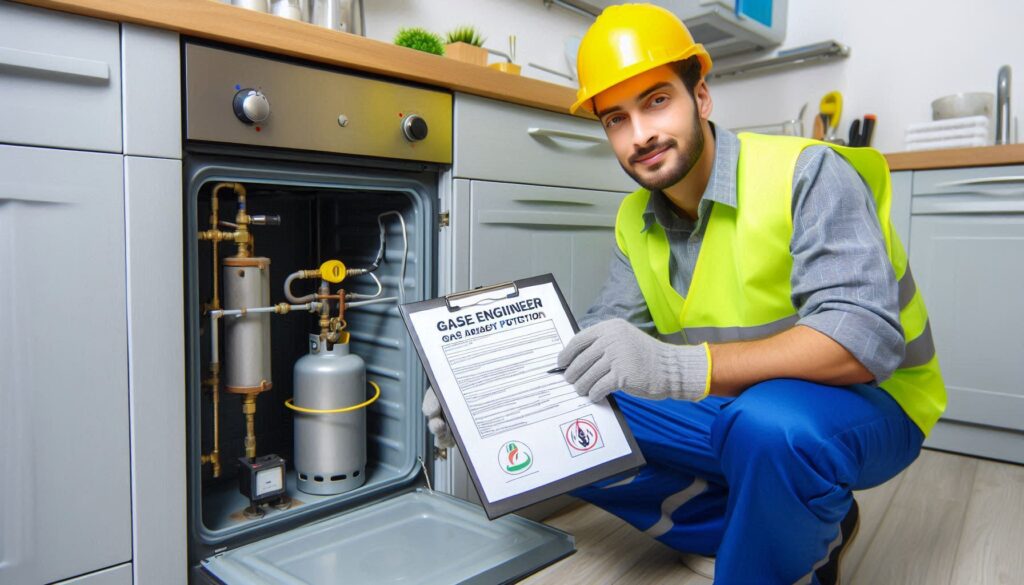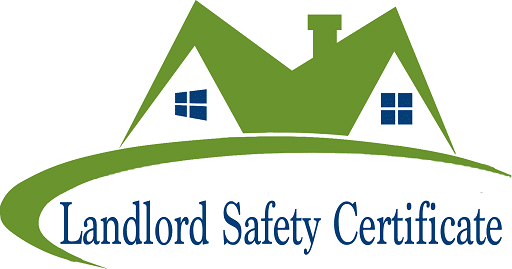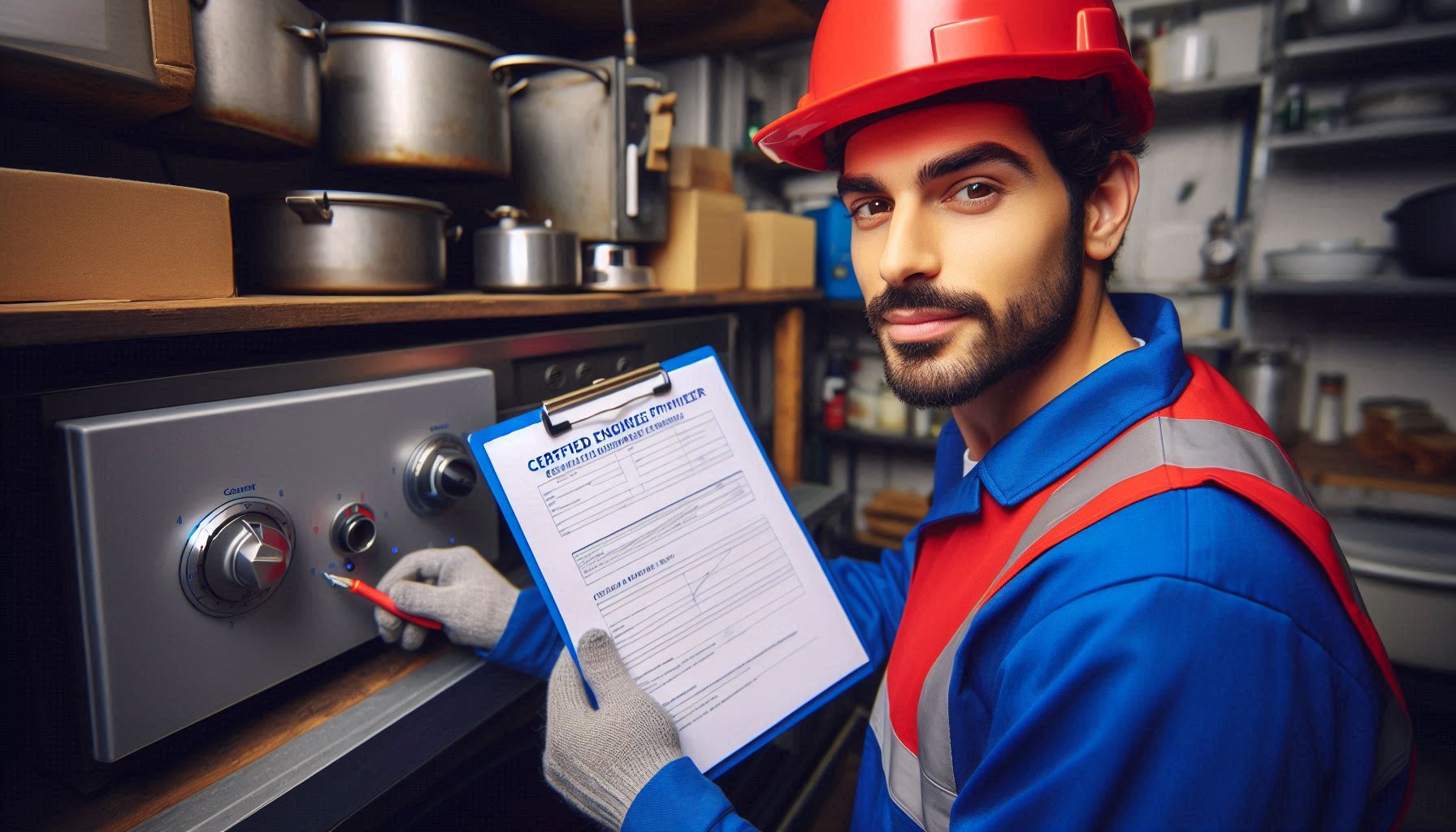
Gas leaks are among the most dangerous emergencies homeowners and landlords can face. In a bustling city like London, where thousands of homes rely on gas for heating and cooking, knowing how to handle an emergency gas response can be life-saving. Understanding and following the correct gas hazard protocol ensures the safety of your family, tenants, and property.
Even a minor leak can lead to severe consequences such as explosions, fires, or carbon monoxide poisoning. That’s why having a clear plan and acting quickly are essential. Let’s explore how to detect, respond to, and prevent gas leaks safely in London homes.
The first step in managing an emergency gas response is knowing how to identify a gas leak. Gas leaks often provide subtle warning signs that require immediate attention.
Common indicators include:
If you notice any of these, treat it as a serious gas hazard protocol situation and act immediately. In London, the Gas Safe Register recommends shutting off your gas supply and calling an emergency number before doing anything else.
When you detect a potential leak, quick action can prevent disaster. Your emergency gas response should follow these safety-first steps:
Following these basic gas hazard protocol steps ensures safety before professionals arrive. London emergency teams are trained to respond quickly and neutralise risks efficiently.
During an emergency gas response, panic can lead to mistakes that worsen the danger. Avoid these actions at all costs:
Ignoring the proper gas hazard protocol can have catastrophic outcomes. Always prioritise evacuation and professional assistance. In London, Gas Safe registered engineers are authorised to inspect and repair gas leaks safely.
In London, you have several emergency options depending on the severity of the situation:
These contacts are your safety net. Keeping their numbers handy as part of your household gas hazard protocol ensures a faster and safer response.
Once the immediate danger has passed, only a Gas Safe registered engineer should inspect and repair your system. These professionals follow strict gas hazard protocol procedures that ensure complete safety.
A qualified engineer will:
Hiring a professional guarantees that your emergency gas response ends with full compliance and lasting protection for your London home.

Understanding why gas leaks occur helps prevent them in the future. Most London gas leaks result from:
A well-structured gas hazard protocol includes regular appliance inspections and annual safety checks. Addressing these causes early prevents dangerous emergencies later.
Prevention begins with detection. Early identification is key to a safe emergency gas response. You can install:
These modern solutions strengthen your household gas hazard protocol and provide peace of mind, especially for busy London families.
When a leak occurs, knowing how to leave the premises safely is vital. A solid emergency gas response plan includes:
This gas hazard protocol reduces panic and ensures that emergency responders can work efficiently upon arrival.
After the leak is fixed, don’t rush back into your home. A complete safety inspection should follow every emergency gas response.
Professionals will:
This thorough approach ensures your gas hazard protocol is complete and your London property is safe for re-entry.
The best way to handle gas leaks is to stop them from happening. Preventive maintenance plays a major role in every emergency gas response strategy. London homeowners should:
Following these gas hazard protocol measures reduces risks and maintains compliance with local safety laws.
In London, landlords have legal obligations regarding gas safety. Under the Gas Safety (Installation and Use) Regulations 1998, landlords must ensure all gas appliances, fittings, and flues are safe.
A proper emergency gas response plan must include:
Landlords who fail to follow the gas hazard protocol can face heavy penalties or legal consequences. Ensuring compliance protects both tenants and property investments.
Everyone in your household should know how to act during a gas emergency. Conducting regular safety drills can make your emergency gas response more efficient.
Teach family members to:
These simple gas hazard protocol lessons can make all the difference during a real emergency.
Cold weather increases gas usage in London, heightening the risk of leaks. You can enhance your emergency gas response readiness by following seasonal tips:
Being proactive keeps your gas hazard protocol effective year-round.
Sometimes repairs aren’t enough. If your system frequently develops leaks or malfunctions, replacing outdated equipment is the safest choice.
A professional assessment as part of your emergency gas response plan can determine whether your appliances or pipelines need upgrading. Newer systems meet strict gas hazard protocol standards, offering better efficiency and safety.
Handling gas leaks safely is all about awareness, preparation, and quick response. Knowing how to manage an emergency gas response ensures your London home stays protected from potential disasters.
By following proper gas hazard protocol steps—identifying leaks, evacuating quickly, contacting professionals, and maintaining regular inspections—you safeguard both people and property.
Stay informed, stay calm, and always trust qualified engineers for your gas safety needs. Prevention and preparedness are your strongest defenses against gas emergencies in London.

